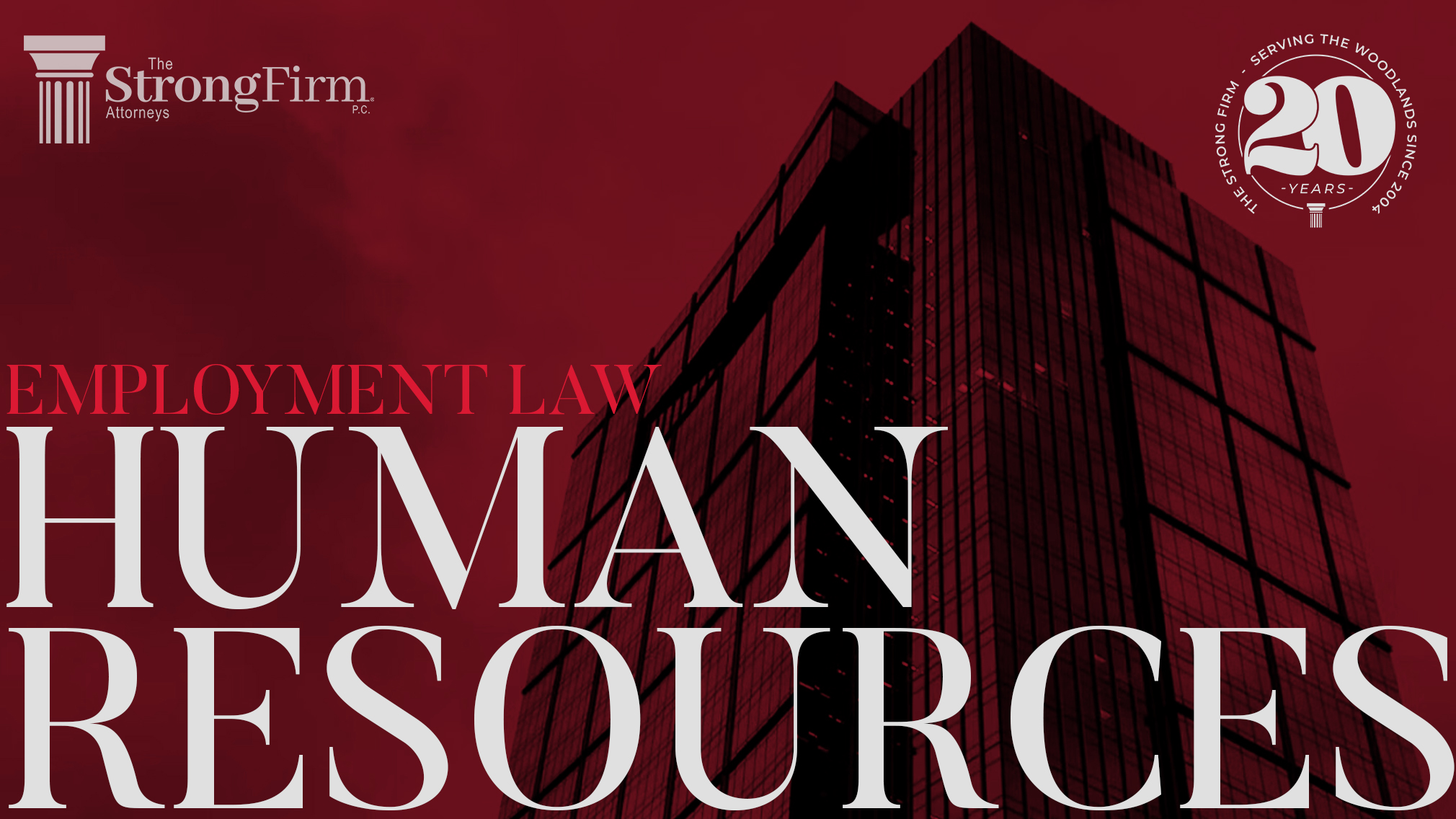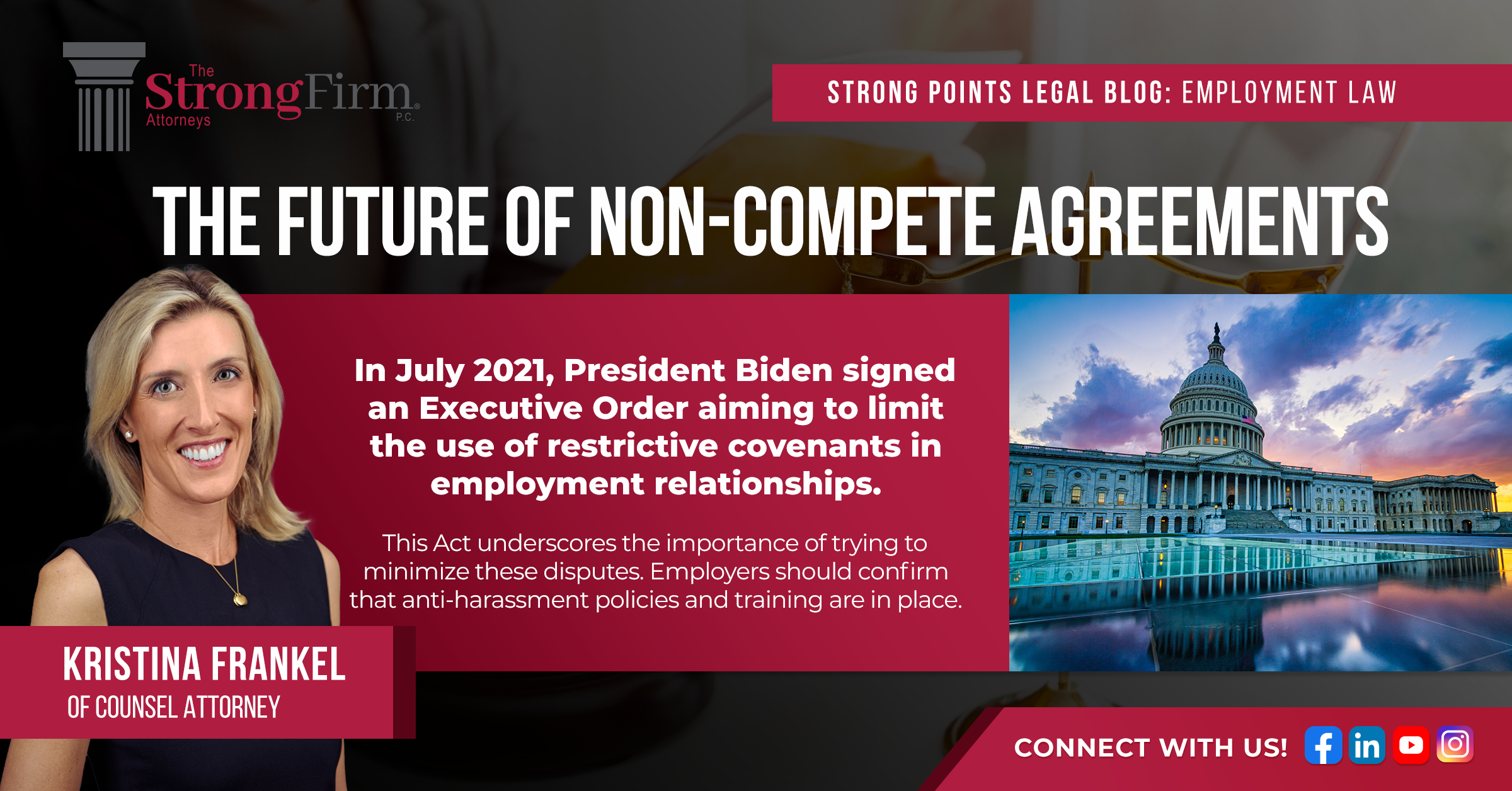Federal antitrust laws are considered inapplicable to economic regulation by the States. In Parker v. Brown, 317 U.S. 341 (1943), the Supreme Court reasoned that in the “dual system of government” of the United States, any subtraction by Congress from the sovereign powers of the states must be explicitly stated. Nothing in the Sherman Act (the first federal antitrust law) or in the legislative history of the Sherman Act indicated a Congressional intent to subject state regulatory activities to the Sherman Act.
Federal antitrust laws, thus, are directed at private conduct generally rather than state conduct, and state action in effect is exempted from federal antitrust law. To the extent that anticompetitive conduct can be shown to be the result of state activity, federal antitrust laws will be considered inapplicable.
The state action doctrine has provided the basis for rulings that various types of conduct were permissible under federal antitrust laws due to state involvement. For example, bar association conduct regarding lawyers has been considered exempt state action due to the bar’s function in enforcing rules of the state’s Supreme Court. Awards of exclusive state contracts have been considered exempt from application of federal antitrust laws despite the anticompetitive effect of such awards.
The state action doctrine has limits. Thus, actions of a municipality may not be considered exempt from application of federal antitrust laws unless the actions can be tied to requirements or policies of the state or its agencies. Before anticompetitive actions of a municipality or other entity may be deemed exempt under the state action doctrine from federal antitrust law, it must be shown that the actions were taken pursuant to a clearly expressed state policy. For example, a general grant of home rule to a local government has been considered insufficient to shield the local government’s actions from application of federal antitrust law.
Specificity in a state’s policy to displace competition is required to shield activities from federal antitrust law under the state action doctrine. If there is such specificity, then even private anticompetitive activity may be permissible under the state action doctrine if it is shown that the activity was pursuant to a clearly announced state policy and was actively supervised by the state.
Copyright 2012 LexisNexis, a division of Reed Elsevier Inc.




























